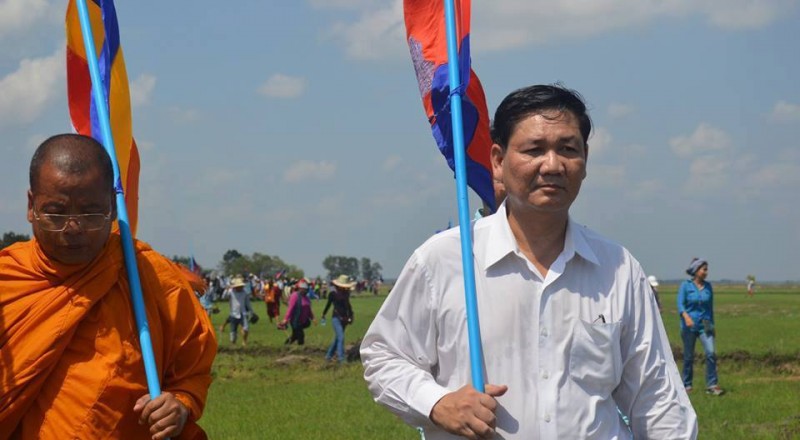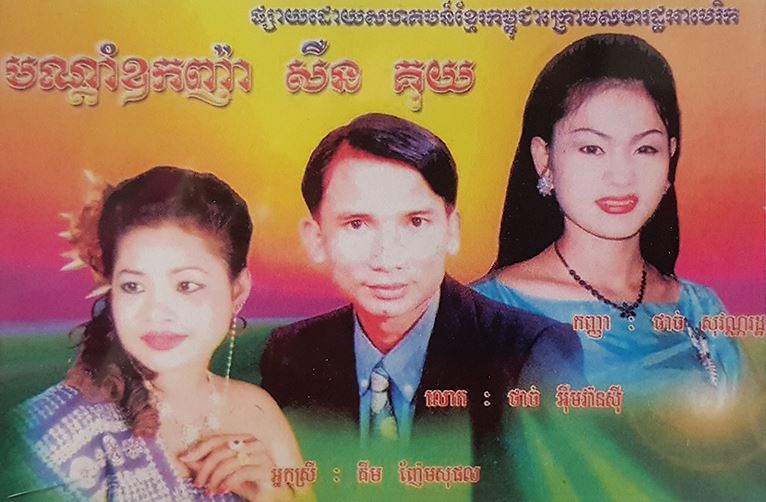As a result of the ongoing repression of government critics, Vietnam has now the dubious distinction of holding the largest number of political prisoners among Southeast Asian countries. Vietnam currently has approximately 130 dissidents behind bars.
A particularly emblematic case is that of Thich Quang Do, the head of the Unified Buddhist Church of Vietnam (an independent religious group arbitrarily banned since 1981), who is currently under house arrest in Ho Chi Minh City. Thich Quang Do, a Nobel Peace Prize nominee, has been subjected to various forms of arbitrary detention for over 30 years.
We urge you to press Vietnam’s leaders to order the immediate and unconditional release of all political prisoners and to end all acts of harassment against activists and human rights defenders.
Existing legislation criminalizes the exercise of the right to freedom of opinion and expression, the right to freedom of peaceful assembly, and the right to freedom of religion or belief. Of particular concern are broadly-interpreted “national security” provisions in the Criminal Code that provide the legal means for the authorities’ relentless repression of dissent. These provisions, several of which make no distinction between acts of terrorism and expression of peaceful dissent, and prescribe the death penalty, are inconsistent with Vietnam’s international obligations under the International Covenant on Civil and Political Rights (ICCPR).
Recent amendments to the Criminal Code, approved in November 2015, abolished the death penalty for seven crimes. However, 18 offenses still carry the death penalty. We urge you to call on Vietnam’s leaders to take urgent steps to abolish the death penalty for all crimes.
Another issue of concern is the draft Law on Belief and Religion that will be voted very soon. If adopted in its current form (draft dated 8 August 2016), this law will be a serious step backwards for freedom of religion and belief in Vietnam and would violate the country’s international obligations under Article 18 of the ICCPR. The proposed law would legalize state interference in religious life by introducing a draconian system of registration for religious groups. The draft law would exacerbate restrictions on members of “non-recognized” religious groups, who already suffer harassment and arbitrary arrest and detention.
We encourage you to raise the above-mentioned issues in your dialogue with President Tran Dai Quang and Prime Minister Nguyen Xuan Phuc and demand that the government respect, promote, and fulfill human rights principles in accordance with the country’s international obligations and the numerous recommendations made by various human rights mechanisms of the United Nations.
We hope that a message in support of independent civil society will resonate during your address at the Vietnam National University in Hanoi. As more Vietnamese, especially Vietnamese youth, make increasing demands for democratic reforms and respect for human rights and the rule of law, it is important to show that France stands with them.
‘Liberty, equality, and fraternity’ are not outdated concepts. These words convey fundamental values to which France must remain committed. France must promote these values in a country where severe obstacles to the full enjoyment of key civil and political rights still remain.
We thank you for your attention on this important matter.
Sincerely,
Dimitris Christopoulos
FIDH President
(International Federation for Human Rights)
Vo Van Ai
VCHR President
Françoise Dumont
LDH President






